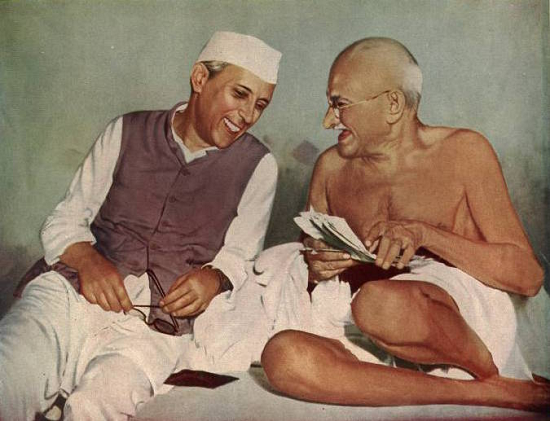Updated By: LatestGKGS Desk
Features of Gandhian economics and John Ruskin's book

Features of Gandhian economics and John Ruskin's book "Unto This Last" published in 1860
Gandhian economics is based on the concept of a financial system in which there is no place for "class"; But this type of Gandhian is different from Marxism. Gandhi's economics speaks of establishing a social order in which one person does not exploit anyone else.
Gandhian economics; Based on the principle of social justice and equality Gandhiji believed that "Nature can fulfill the needs of every person but he can never meet anyone's greed."
Gandhi's economic thoughts were largely influenced by John Ruskin's book "Unto This Last". This book was published in 1860. He learned from this book,
1. The good of a person lies in "everyone's good".
2. The importance of the work of a lawyer is not less than the price of a barbershop, because both work hard to run their livelihood.
Economic thoughts of Gandhi:-
The value of the labor of all in society is equal.
There is no resistance between labor and capital.
Gandhiji believed that no matter how rich a person is, he must do so much physical labor that he can fill his stomach. That means mental workers should also do physical work
His Principle of Trusteeship says that the real master of capital is not a bourgeoisie but a complete society. The bourgeoisie is the only custodian of the property. He believed that the property capitalists have possession of the entire society.
Gandhiji's economics is in favor of small and labor-oriented industries. Gandhiji was opposed to big machines; However, this thing is a little less meaningful in the present time. He believed that a non-living machine works many humans, which leads to unemployment in the society.
